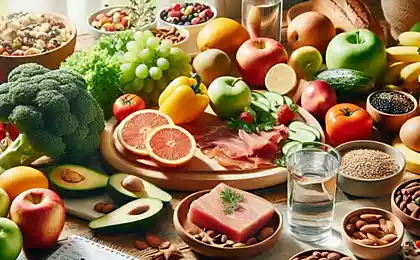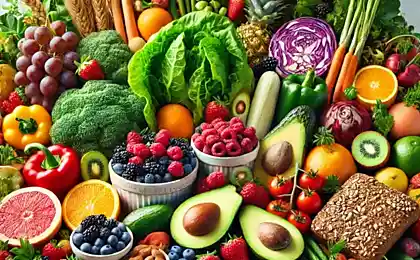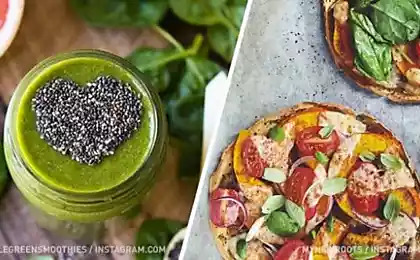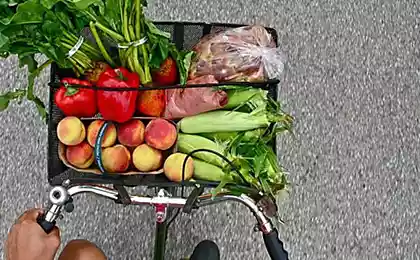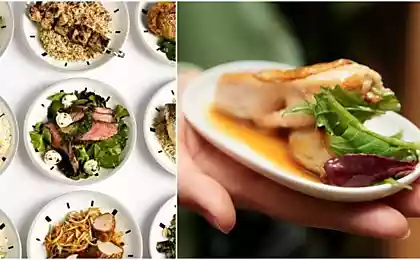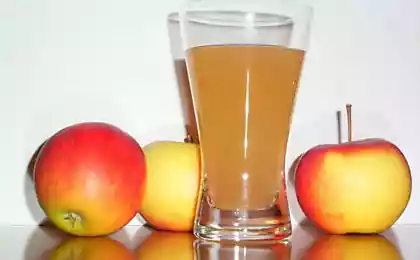1889
Myths truth about healthy eating
We often hear people preach to each other, how to eat properly. At the same time giving the truth common "folk" error. Let's try to disprove the popular myths about healthy eating
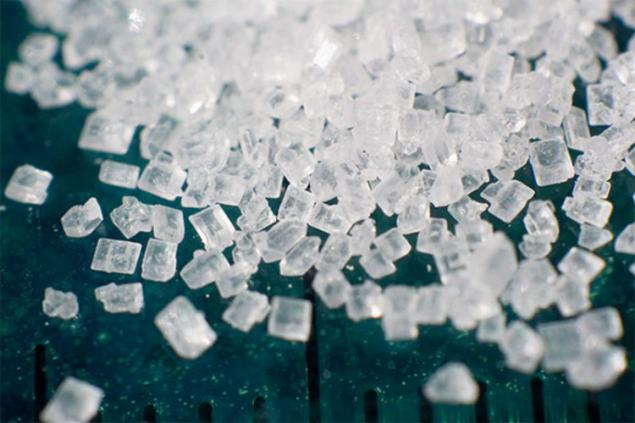
1. Myth: Sugar is better than fructose syrup.
According to David Zinchenko dietician, and GFS, and sugar or sucrose, are made of a mixture of two sugars: fructose and glucose of about 50 to 50, which means that it is in principle the same, and also is not too useful for you.
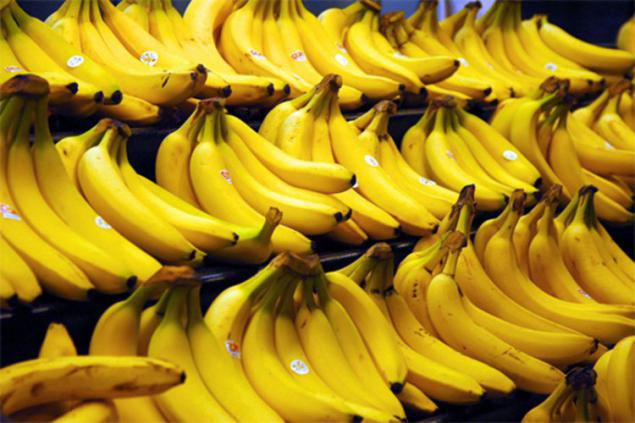
2. MYTH: Eating healthy is much more expensive.
Economic Research Service, US Department of Agriculture has studied more than 4000 kinds of products and outstanding data based on price, weight, calories and serving size. It was found that healthy food is actually cheaper than unhealthy scum. Bananas, carrots, mashed potatoes, orange juice and salad cheaper per serving than french fries, soda, ice cream and fried chicken.
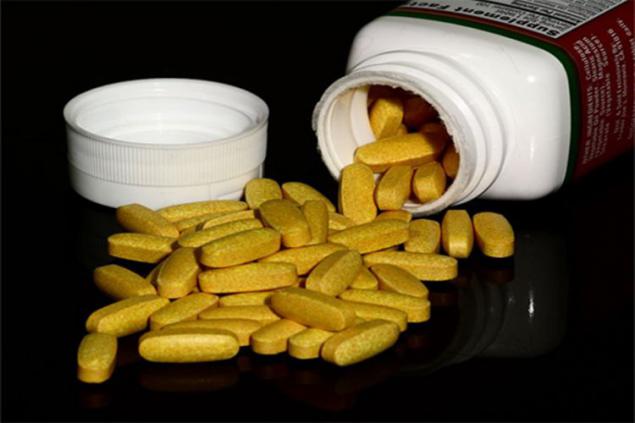
3. MYTH: Multivitamins are important for your health.
Yes, vitamins and minerals - this is useful, but you must get them from food rather than from tablets. This is necessary for the reason that your body can absorb only 10-20% of what you eat. The rest of it goes on to make a really expensive bright yellow urine.
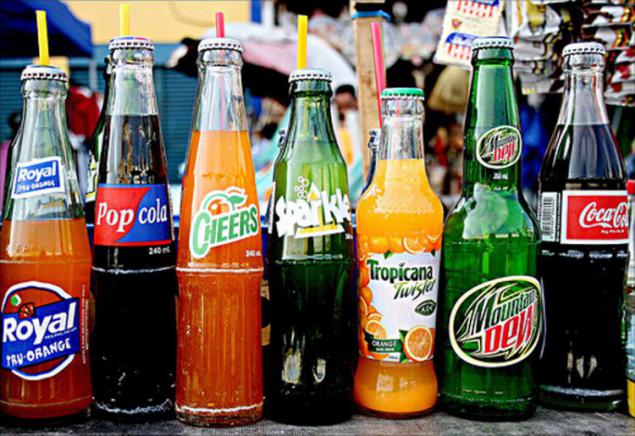
4. MYTH: Soda is bad - Energy drinks - it's good.
Energy drinks do contain vitamins, plant extracts, amino acids, but an average of 16 ounces per bank contains approximately 280 calories of pure sugar, 80 calories greater than Pepsi bottle 16 oz. Sorry to disappoint.
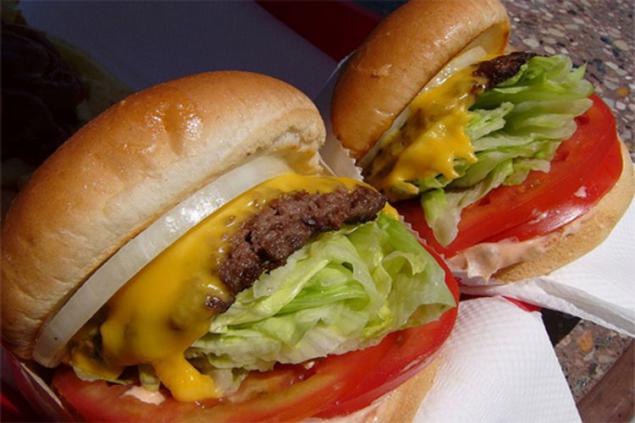
5. MYTH: Restaurants offer more healthy food than fast food outlets.
According to the 18-month study conducted by the Rand Corporation, it is not. They analyzed the contents of nearly 31,000 menu items offered at 245 "family" networks, and found that 96% of their meals contain more calories, fat and sodium than the USDA recommends absorb per meal for children and adults. Plus they contain an average of 271 more calories per unit and 16 grams more fat than eating in fast food. In other words, both on the side of the junk food.
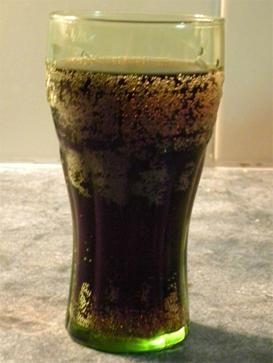
6. MYTH: Diet soda is harmless.
Even if you do not believe that soda carcinogenic, but numerous reports indicate that the artificial sweeteners aspartame and sucralose lead to increased absorption of food in the day and a large number of calories consumed as a whole. Plain water, though tasteless, but does not like.
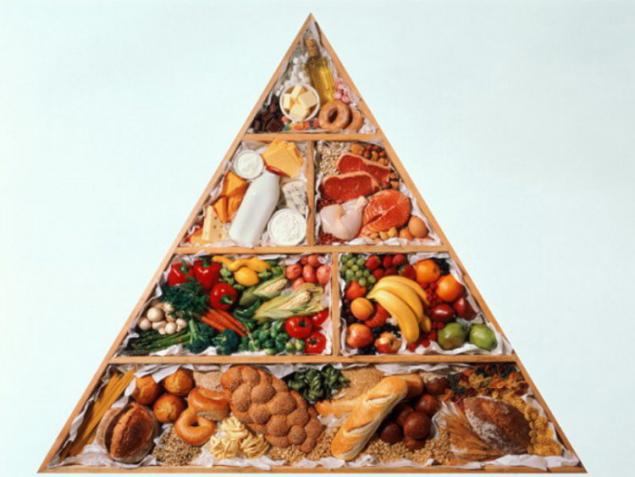
7. Myth: Foods low in fat better.
Yes, in theory. But most of the products are low in fat and sugar contain a bunch of carbohydrates that your body will convert to fat if you eat too many of them. Thus, as it compensates for the low fat content in the product.
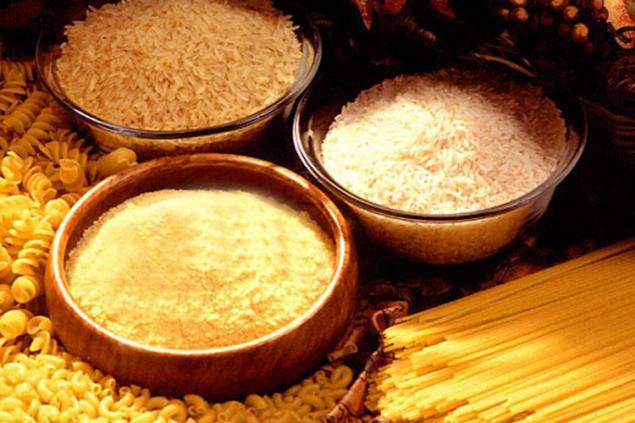
8. MYTH: You need to cut carbs.
Carbohydrates - the energy, without them you would always sleepy and sluggish. What is really important is the form of carbohydrates. In other words, donuts - bad, whole grain bread - good.

9. MYTH: Natural food healthier.
Again, in theory, yes. But a marketing ploy make the product "natural", while it may involve high levels of glucose-fructose syrup, sugar and tons of sodium. If you are not too carefully read the label, it can not very well turn out to you.
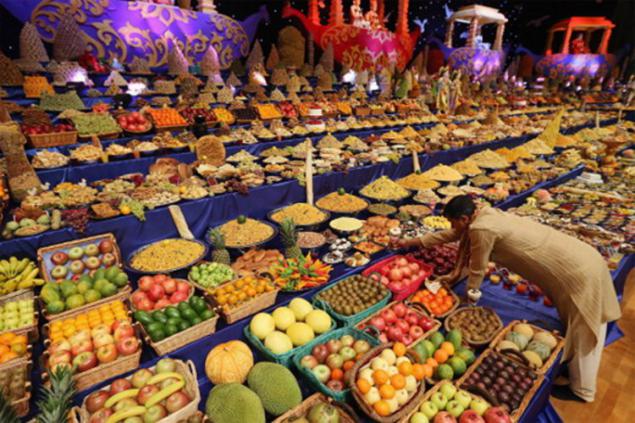
10. MYTH: daily calories into fat is not digested.
Despite the claims of the popular talk show calorie is a calorie. Your body does not care when you eat them when it comes to losing weight, it only matters how much you consume.
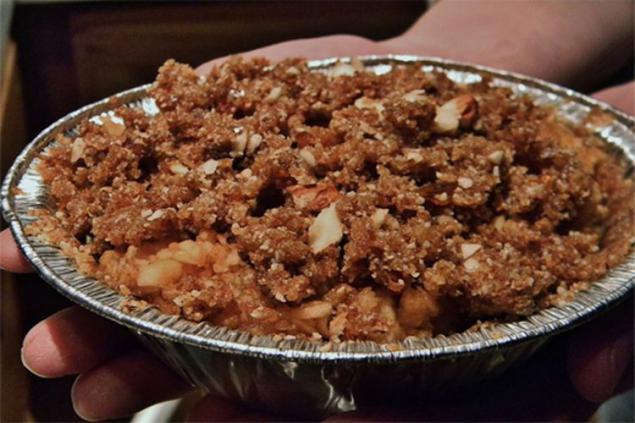
11. MYTH: Raw food helps digestion.
Fans of the raw food diet say that cooking of food for more than 118 degrees, destroys the necessary enzymes. This is true, but it does not matter. After the enzymes needed for plants, not for your health. In fact, the first thing that makes your stomach with raw food - is the destruction of the very "necessary" enzymes.
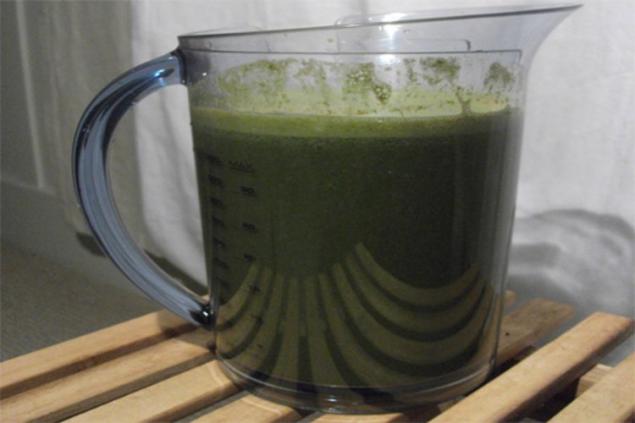
12. MYTH: A juice fast cleanses the body.
Problem juice that contains lots of sugar. Instead of cleaning, after a quick transition to the juice, you just fill your body with empty calories. You can also clean the body and beer.
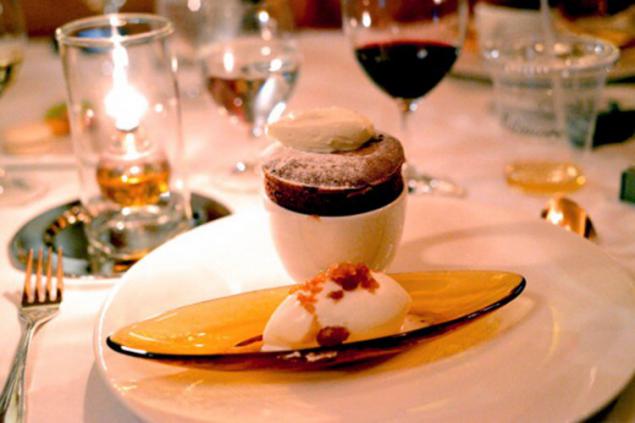
13. MYTH: Chocolate - it's terrible.
This fact should please you. Chocolate itself is not bad for you, but not the milk chocolate which you eat, and which consists mainly of milk fat and sugar. Just buy a good dark chocolate!
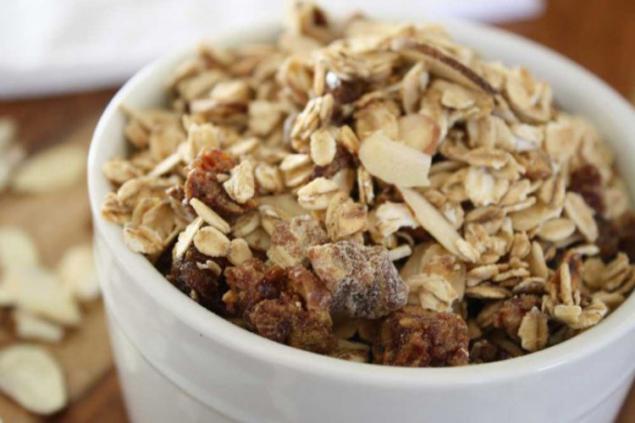
14. MYTH: Granola - very healthy food.
It must be so, but it is not. Most cereals covered with confectioner's sugar and poured oil. For example, one cup of Quaker Natural Granola, Nuts & Raisins contains 420 calories, 30 grams of sugar and 10 grams of fat. More donut, Mr. Simpson?
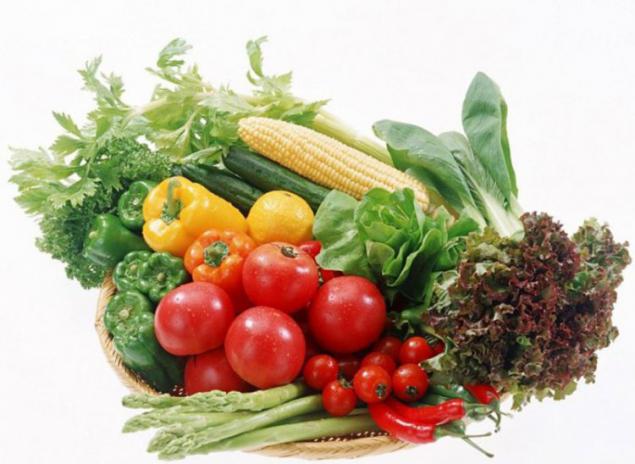
15. MYTH: Organic food is always preferable.
Basically, yes, but not always. Onions, for example, in accordance with data Environmental workgroup has the lowest absorptivity of pesticides from vegetables. In addition, avocados, corn and pineapples better to buy non-organic. (We hope that you rest after all the bad news)

1. Myth: Sugar is better than fructose syrup.
According to David Zinchenko dietician, and GFS, and sugar or sucrose, are made of a mixture of two sugars: fructose and glucose of about 50 to 50, which means that it is in principle the same, and also is not too useful for you.

2. MYTH: Eating healthy is much more expensive.
Economic Research Service, US Department of Agriculture has studied more than 4000 kinds of products and outstanding data based on price, weight, calories and serving size. It was found that healthy food is actually cheaper than unhealthy scum. Bananas, carrots, mashed potatoes, orange juice and salad cheaper per serving than french fries, soda, ice cream and fried chicken.

3. MYTH: Multivitamins are important for your health.
Yes, vitamins and minerals - this is useful, but you must get them from food rather than from tablets. This is necessary for the reason that your body can absorb only 10-20% of what you eat. The rest of it goes on to make a really expensive bright yellow urine.

4. MYTH: Soda is bad - Energy drinks - it's good.
Energy drinks do contain vitamins, plant extracts, amino acids, but an average of 16 ounces per bank contains approximately 280 calories of pure sugar, 80 calories greater than Pepsi bottle 16 oz. Sorry to disappoint.

5. MYTH: Restaurants offer more healthy food than fast food outlets.
According to the 18-month study conducted by the Rand Corporation, it is not. They analyzed the contents of nearly 31,000 menu items offered at 245 "family" networks, and found that 96% of their meals contain more calories, fat and sodium than the USDA recommends absorb per meal for children and adults. Plus they contain an average of 271 more calories per unit and 16 grams more fat than eating in fast food. In other words, both on the side of the junk food.

6. MYTH: Diet soda is harmless.
Even if you do not believe that soda carcinogenic, but numerous reports indicate that the artificial sweeteners aspartame and sucralose lead to increased absorption of food in the day and a large number of calories consumed as a whole. Plain water, though tasteless, but does not like.

7. Myth: Foods low in fat better.
Yes, in theory. But most of the products are low in fat and sugar contain a bunch of carbohydrates that your body will convert to fat if you eat too many of them. Thus, as it compensates for the low fat content in the product.

8. MYTH: You need to cut carbs.
Carbohydrates - the energy, without them you would always sleepy and sluggish. What is really important is the form of carbohydrates. In other words, donuts - bad, whole grain bread - good.

9. MYTH: Natural food healthier.
Again, in theory, yes. But a marketing ploy make the product "natural", while it may involve high levels of glucose-fructose syrup, sugar and tons of sodium. If you are not too carefully read the label, it can not very well turn out to you.

10. MYTH: daily calories into fat is not digested.
Despite the claims of the popular talk show calorie is a calorie. Your body does not care when you eat them when it comes to losing weight, it only matters how much you consume.

11. MYTH: Raw food helps digestion.
Fans of the raw food diet say that cooking of food for more than 118 degrees, destroys the necessary enzymes. This is true, but it does not matter. After the enzymes needed for plants, not for your health. In fact, the first thing that makes your stomach with raw food - is the destruction of the very "necessary" enzymes.

12. MYTH: A juice fast cleanses the body.
Problem juice that contains lots of sugar. Instead of cleaning, after a quick transition to the juice, you just fill your body with empty calories. You can also clean the body and beer.

13. MYTH: Chocolate - it's terrible.
This fact should please you. Chocolate itself is not bad for you, but not the milk chocolate which you eat, and which consists mainly of milk fat and sugar. Just buy a good dark chocolate!

14. MYTH: Granola - very healthy food.
It must be so, but it is not. Most cereals covered with confectioner's sugar and poured oil. For example, one cup of Quaker Natural Granola, Nuts & Raisins contains 420 calories, 30 grams of sugar and 10 grams of fat. More donut, Mr. Simpson?

15. MYTH: Organic food is always preferable.
Basically, yes, but not always. Onions, for example, in accordance with data Environmental workgroup has the lowest absorptivity of pesticides from vegetables. In addition, avocados, corn and pineapples better to buy non-organic. (We hope that you rest after all the bad news)

